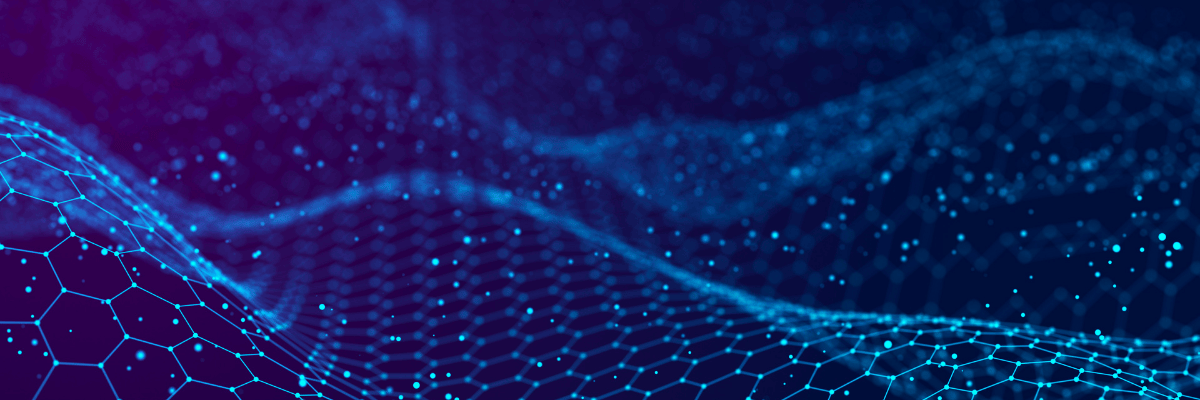Digital Scholarship
The UCR Library Digital Scholarship Service supports researchers and students in integrating digital tools, methods, and technologies into their research, teaching, learning, and publishing.
We help you explore how your existing interests or projects could be transformed into digital scholarship that is interdisciplinary, interactive, community-driven, and technology-enhanced.
We help researchers and students explore and interpret research in innovative ways through text encoding, computational text analysis, qualitative data analysis, data analysis and visualization, network analysis, storytelling, and creative coding. We also offer support in digital media production, in collaboration with the 3DXP Lab, to enhance research communication and engagement. Additionally, our services help you discover existing open data sources and create datasets with web scraping and archiving in collaboration with our data services.
-
Text Encoding
Encode machine-readable texts for digital humanities
-
Computational Text Analysis
Use natural language processing methods, such as topic modeling and sentiment analysis to analyze big datasets of documents.
-
Qualitative Data Analysis
Use Qualitative Data Analysis tools (ATLAS.ti and others) to analyze text data qualitatively.
-
Data Analysis and Visualization
Transform complex datasets into simple and engaging formats often creatively, such as charts, graphs, and maps by using Python.
-
Network Analysis
Use graph-based analysis and visualizations to uncover relationship insights.
-
Storytelling
Provide interactive experiences to present research or facilitate teaching and learning using multimedia content.
-
Creative Coding
Bridge coding with artistic expressions to create engaging classroom materials or cross/inter-disciplinary research.
-
Digital Media Production
Create and edit digital audio, video, and multimedia content for research projects, digital exhibits, and scholarly communication.
Workshops & Consultations
We offer workshops and one-on-one consultations on a range of digital research methods, tools, and platforms. Our workshops and consultations are catered to both faculty and students. You can request one-on-one consultations or specific workshops by filling out this form. You can also browse the workshops we are offering here. We help faculty to assess and integrate digital tools and platforms. We also help students explore research interests in digital scholarship in collaboration with other experts at the UCR Library.
Project Management
Whether you are designing an interinstitutional research project or classroom assignment, we can guide you to scope your projects by assessing your technology resources and needs. We will also connect you with other services and experts at the UCR Library and beyond to ensure best practices on data management and preservation and help you navigate the legal and ethical dimensions of your projects.
Quarterly Forum
The Open Research and Creative Activities (ORCA) Forum is a quarterly event hosted by the UCR Library's Research Services Department at the Orbach Science Library. It celebrates outstanding student projects from across all disciplines and academic levels at UCR, with a special focus on interdisciplinary work and open scholarship.
Each quarter, finalists will be invited to present their research or creative work at Orbach 122. Presentations also highlight how project artifacts—such as code, documentation, data, or multimedia—have been, or will be, shared through an open access repository.
Visit the ORCA website to learn more about the selection criteria, view previously published presentations, and submit your presentation. Finalists’ presentations will have the option to be published on the ORCA website in eScholarship with DOIs.
The Reference Desk
The Reference Desk is a biweekly podcast from the UCR Library, hosted by Digital Scholarship Librarian Jing Han. Each episode features conversations with UCR faculty and student researchers about their research projects, how they use library tools, and the books that shape their thinking.
